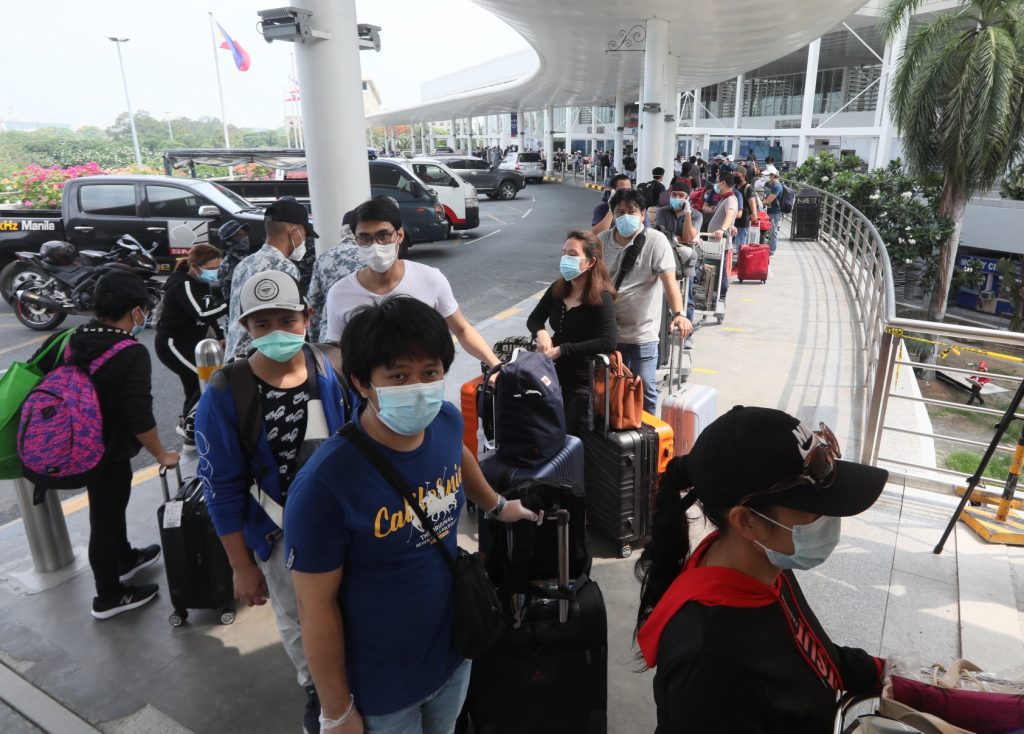News
Middle Eastern states slowly pushing for Kafala reforms

MANILA – Foreign Affairs Undersecretary Sarah Lou Arriola said she believes a suspension on the deployment of overseas Filipinos to countries with the Kafala system would not happen anytime soon as Middle Eastern states have been pushing for labor reforms.
The statement came after Labor Secretary Silvestre Bello III said the country might consider slowing down or suspending the deployment of Filipino workers to countries still using the system after President Rodrigo Duterte made a public call for its complete abolition.
“I think ‘yong context talaga noon (I think the context there) is if there are abuses because of the Kafala system but we don’t think it will be necessary anytime in the future because we can see that the countries in the Middle East, particularly in the Gulf Cooperation Council (GCC), are going towards the complete abolition or complete reform of the Kafala system,” Arriola said in a virtual briefing on Friday.
She, however, asked for patience and support from the public, saying the process of removing a system that has been implemented for decades would not be easy.
“We just have to be more patient with the process because it’s not easy. As we know, this is like a change (in) management of their whole labor system and I think that’s why it’s very important that we have to support them,” she added.
Arriola said Bahrain was the first to initiate labor reforms on the Kafala by abolishing exit visas.
In 2017, it introduced the Flexi-visa, which allowed migrants to find work without a sponsor.
Qatar and Saudi Arabia have also introduced reforms, which started with skilled workers.
“There’s no such thing as Kafala anymore in Qatar. In Saudi Arabia, they have the labor reform initiative and we should see that the GCC is working closely with international organizations. And we’ve been hearing that Oman will also follow,” she said.
The Kafala system, widely practiced in Middle Eastern countries, is used to monitor migrant workers through a sponsor.
The sponsors, usually the employer, are responsible for the immigration status and visa of the migrant worker.





















